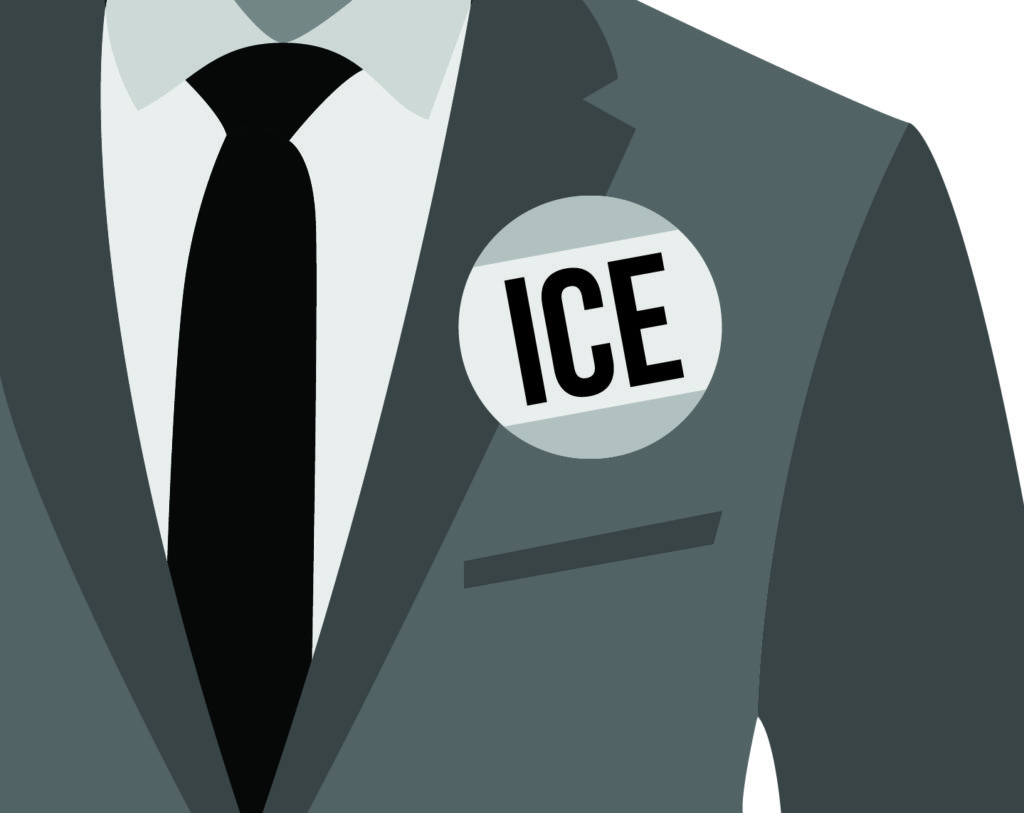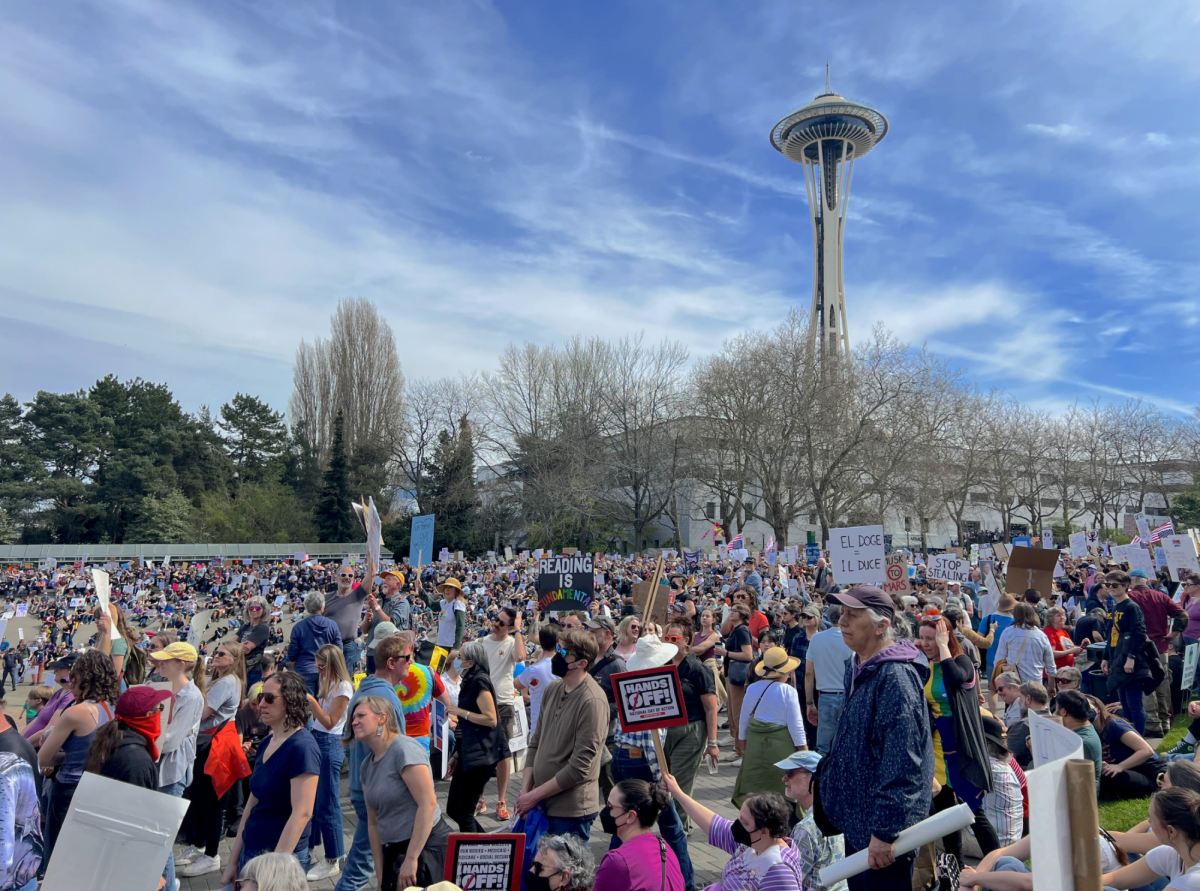In September, many Seattle University law students attended an externship fair where organizations advertised the externships they offer to Seattle U students in exchange for course credit. Among the hundreds of programs that Seattle U offers was one that caught the attention of law student Alex Romero: a table with Immigration and Customs Enforcement (ICE) representatives advertising their own program.
Given that ICE is currently under fire for its treatment of undocumented immigrants, Romero believed that this externship ran contrary to Seattle U’s mission. He brought these concerns to the externship program office’s attention in hopes to end this partnership, and after pressure from students and community members, law school Dean Annette Clark announced in an email on Oct. 31 that the school would suspend this partnership.
“As of today, I am suspending our externship placement with ICE (US Immigration and Customs Enforcement) based on its current policies and practices,” she said in the email. “This action aligns with the fact that our law school is a signatory to the attached statement, which was issued by a consortium of Jesuit organizations in June 2018, and which condemns administration policies that have led to the unjust and inhumane treatment of asylum seekers and migrant families, practices that continue today and that directly affect members of our community.”
Clark also clarified in her email that while Seattle U had partnered with ICE for an externship program, they have never had a partnership with Customs and Border Patrol, as some students have alleged.
At first, according to Romero, the law school was hesitant to suspend the program, and it wasn’t until more community members applied pressure that they took action.
“I prepared arguments on why this is inappropriate at our school and contrary to our mission and a list of other arguments,” Romero said. “The law school weighed the argument [that] the school has an ample responsibility to provide different options for different students and weighed it heavier than my arguments.”
Romero said he then made a petition and contacted community members for support. With that pressure, he said, the university suspended the program.
In an email statement, Jill Dutton said that the law school was intentional with their actions moving forward.
“We felt it was necessary to discuss and reflect on what we were hearing regarding ICE policies and practices,” Dutton said in her statement. “The Dean consulted with students as well as her leadership team and the University Administration, seeking a range of viewpoints and opinions before ultimately deciding to suspend the externship.”
Steven Bender, the law school’s associate dean for planning and strategic initiatives, clarified that the program has not yet been terminated, but that it was suspended while the law school gathers information. The school will investigate concerns and reach out to community members for more concerns, but has not yet permanently ended the partnership.
While no students have participated in the ICE externship program in several years, the law school decided to suspend the program after hearing enough concerns related to the recent controversy surrounding this organization. This controversy is linked to ICE’s recent separation of immigrant children from families, as well as its recent mass deportations.
“Students raised concerns after ICE presence at our annual Externship Fair caused them to feel unsafe,” Jill Dutton, director of the externship program, said in an email statement. “We believe a real possibility exists that placing a student in an ICE externship may force them to act unethically or unlawfully.”
While this program is suspended, ICE representatives will no longer be allowed to table at the university. The law school further plans to bring the issue before the Social Justice Leadership Committee. While this committee cannot take any action regarding the curriculum or the externship program, Bender, who serves as co-chair of the committee, hopes that it will provide a platform for community members to express their viewpoints.
“We do have a responsibility to create an inclusive climate and environment on campus,” he said. “That’s what our focus is gonna be on: to hear the concerns that were raised over the externship, to hear about any additional concerns, and while we don’t have the ability, necessarily, to take curricular action, we can recommend changes.”
Bender also said that this suspension would not affect the other externship programs that the law school offers. The school currently offers hundreds of externships, and students enrolled in those programs will not be affected by this decision.
While the program may be suspended now, Scarlet Group President Jorge A. Lara Alvarado said that the fact that ICE representatives were present during the tabling event was harmful for undocumented students, and he said that the university should increase its efforts to protect this vulnerable group.
“By bringing in organizations such as ICE…it just shoots anxiety and fear off the roof and dramatically impacts mental health of the student and it also affects the performance of the student,” Alvarado said. “Right now our immigrant communities—specifically the most vulnerable, like undocumented students. . .are at great risk and it’s time for the university to increase their efforts to support undocumented students.”
Josh may be reached at
jmerchant@su-spectator.com









